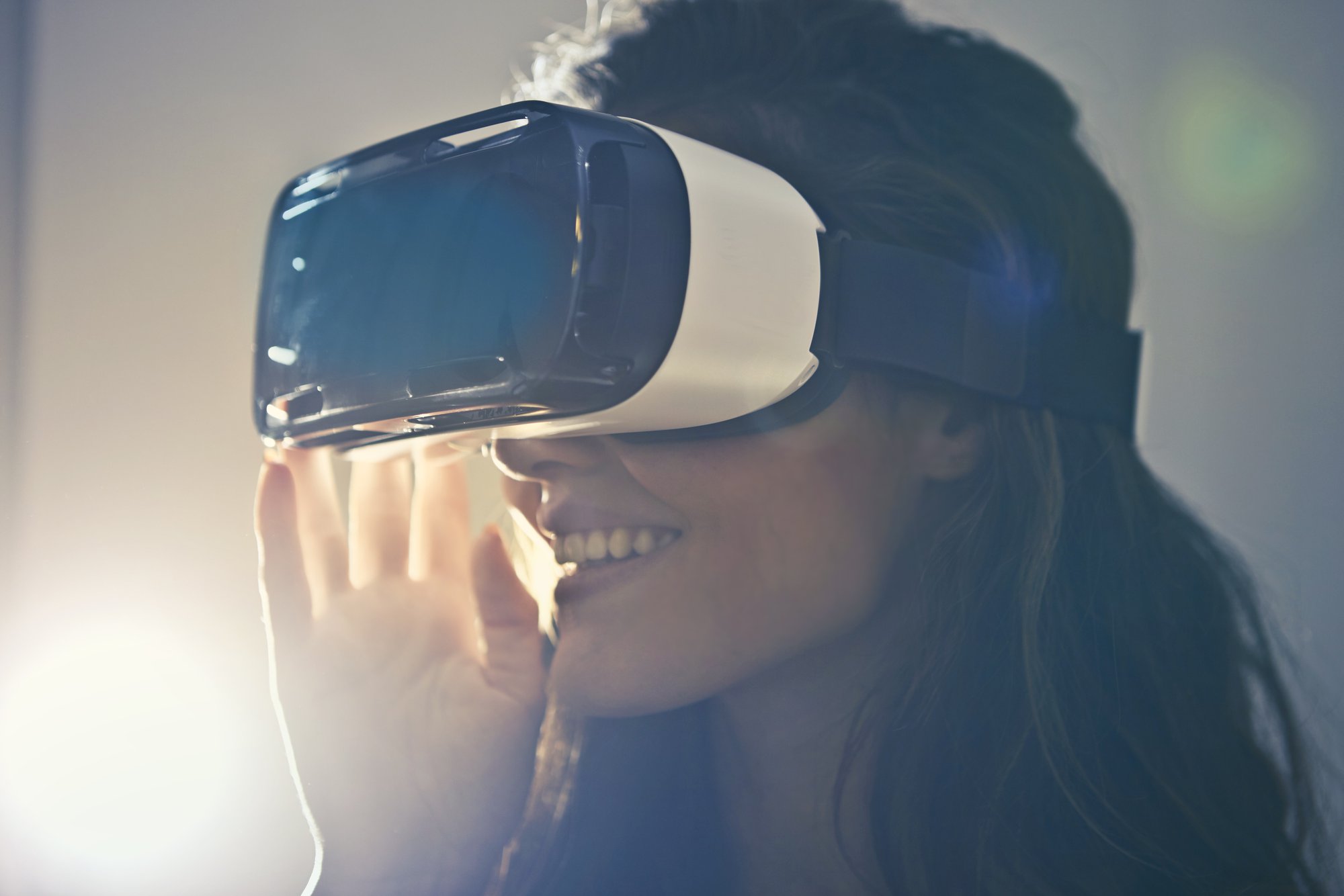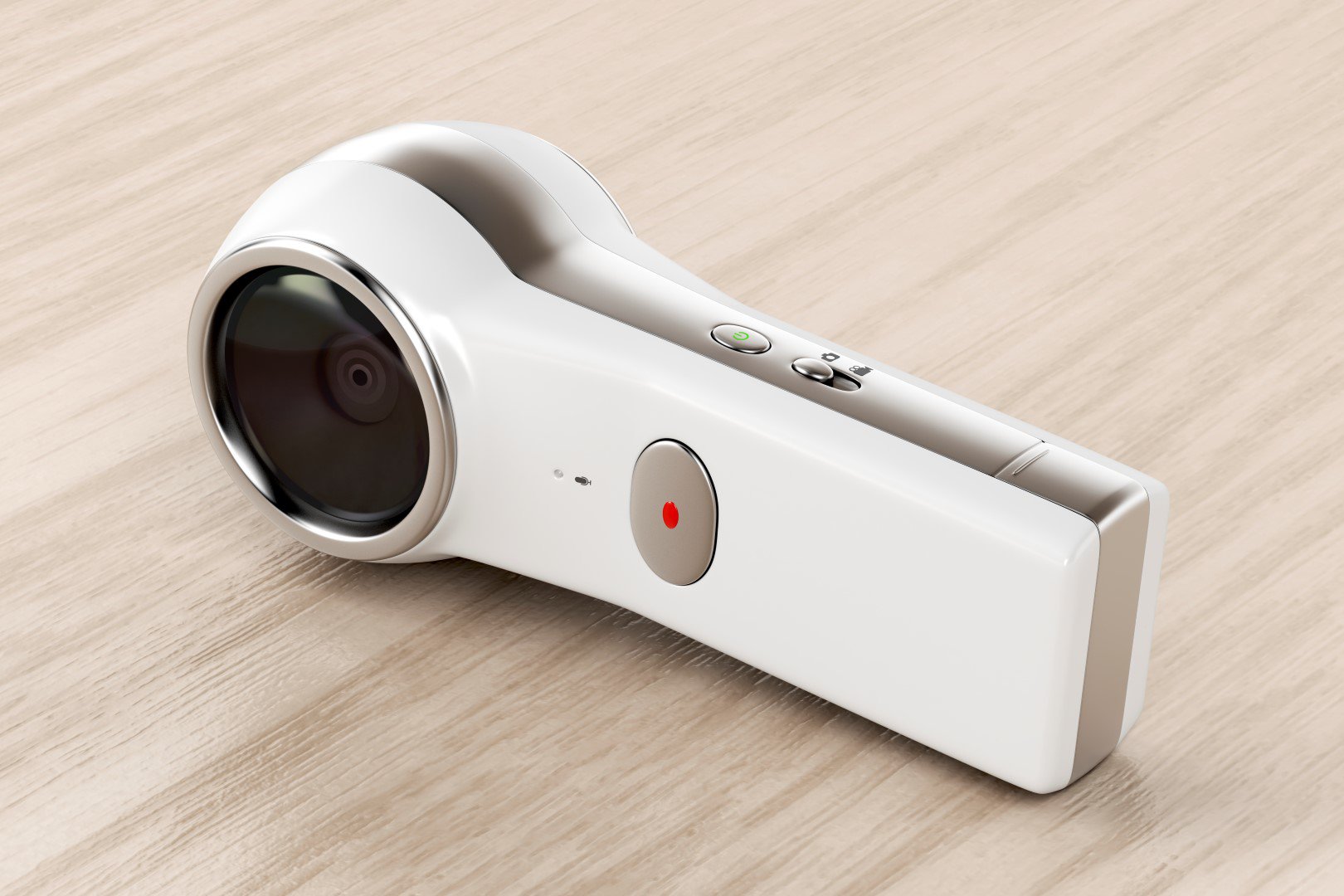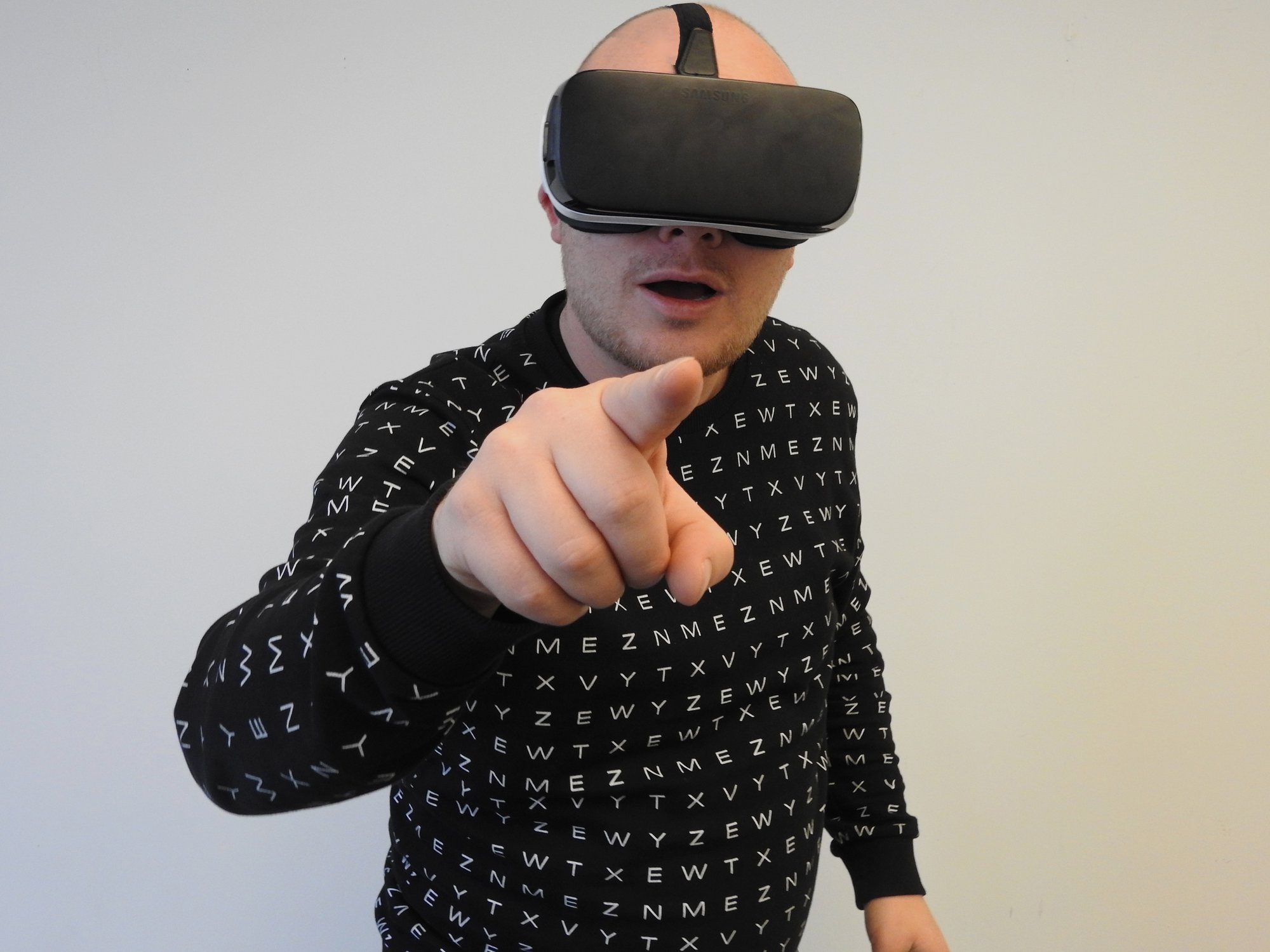There are several innovations in technology such as wireless technology, ultra-high resolutions, and eye tracking features that can greatly influence the performance of VR headsets. Think when Google, Facebook, Microsoft, and Amazon make use of these in an integrated system. It can certainly bring in millions of users and consumers when all these are integrated with a reduced cost. This can make your company virtual tour more powerful. This is the greatest thing to happen to VR users in the years to come, particularly this year.
Detailed Eye Tracking
The frontal sight can catch the most detail which is the contrast of the peripheral vision. This can be remedied with the help of VR’s eye tracking capability. It renders what is known as “foveate rendering” enabling more details to be sent before your eyes and less on the periphery. This is only made possible once the headset knows where your eyes are directed. That’s how eye tracking makes it a major factor for a VR headset. It is also eye tracking that makes the whole VR experience more socially interactive.
Low Cost
Reduced cost is not exactly a VR feature, but it is the most looked forward advancement in this particular technology. With VR technology, people value the freedom of their hands and to be able to have a fully interactive experience. These features are all part of the Oculus Santa Cruz prototype. The camera placement of the camera on the headset made it possible to reach for an object behind you. Facebook may be able to come up with a consumer version of this VR technology with reduced cost. The ultimate innovation is that of a standalone VR headset complete with battery, graphics, display, tracking, and full freedom controllers but at a reduced cost.
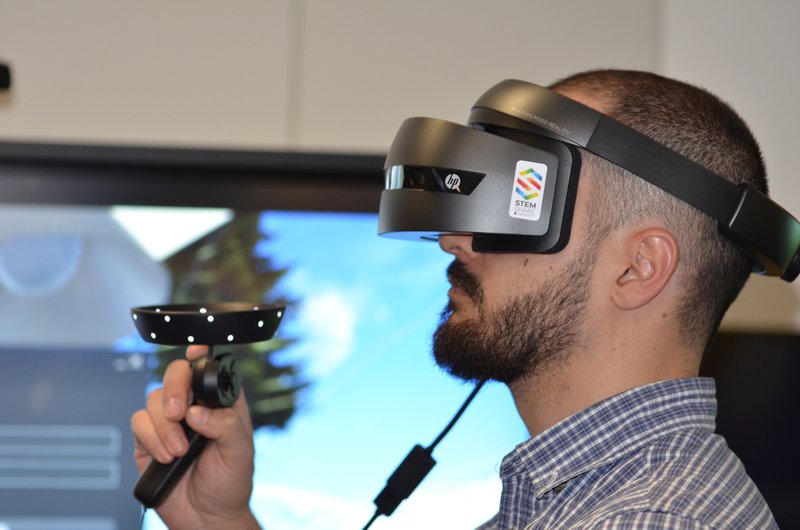
Wireless
There are different ways to enhance the wireless capacity of a VR headset. The first one involves the use of a high-powered processing box just like a PC. It also includes a radio that broadcasts and also receives a huge volume of data to and from a BR headset nearby. Another approach is through a standalone system. This comes with a battery and the processing box which can be found in the headset itself or a wired pack which can be attached to your clothing. The advancements in mobile technology may also bring in a new approach to wireless VR technology that enables higher resolutions and great hand controllers.
Higher Resolution
Most people complain about the “screen door effect” of present-day VR headsets which enables you to see the individual pixels. When it comes to high-resolution manufacturers have become reliant on Samsung which earns the best performance in terms of OLED displays. Other companies are working hard to contribute to this area of VR headset technology. Samsung Odyssey or the upcoming Vive Pro. It has a 1440 x 1600 per eye display that reduces that sense of being in a virtual world as seen from the squares of a screen door. This feature has to be developed alongside the eye tracking feature.
Inside-Out Tracking Feature
The leading company in this feature is Microsoft. Inside-out tracking is a feature that enhances the appeal of the VR headset technology due to convenience. With Santa Cruz, Facebook is showing the speed of its inside-out tracking version. Google is giving the Lenovo headset more power while Qualcomm is now offering core tracking technology that it can share with other manufacturers such as HTC.
All these features are seen as a possible direction this 2019 in terms of technological innovations involving VR headsets. For you to learn more about the different VR headsets that are available in the market today, you can use this guide here.

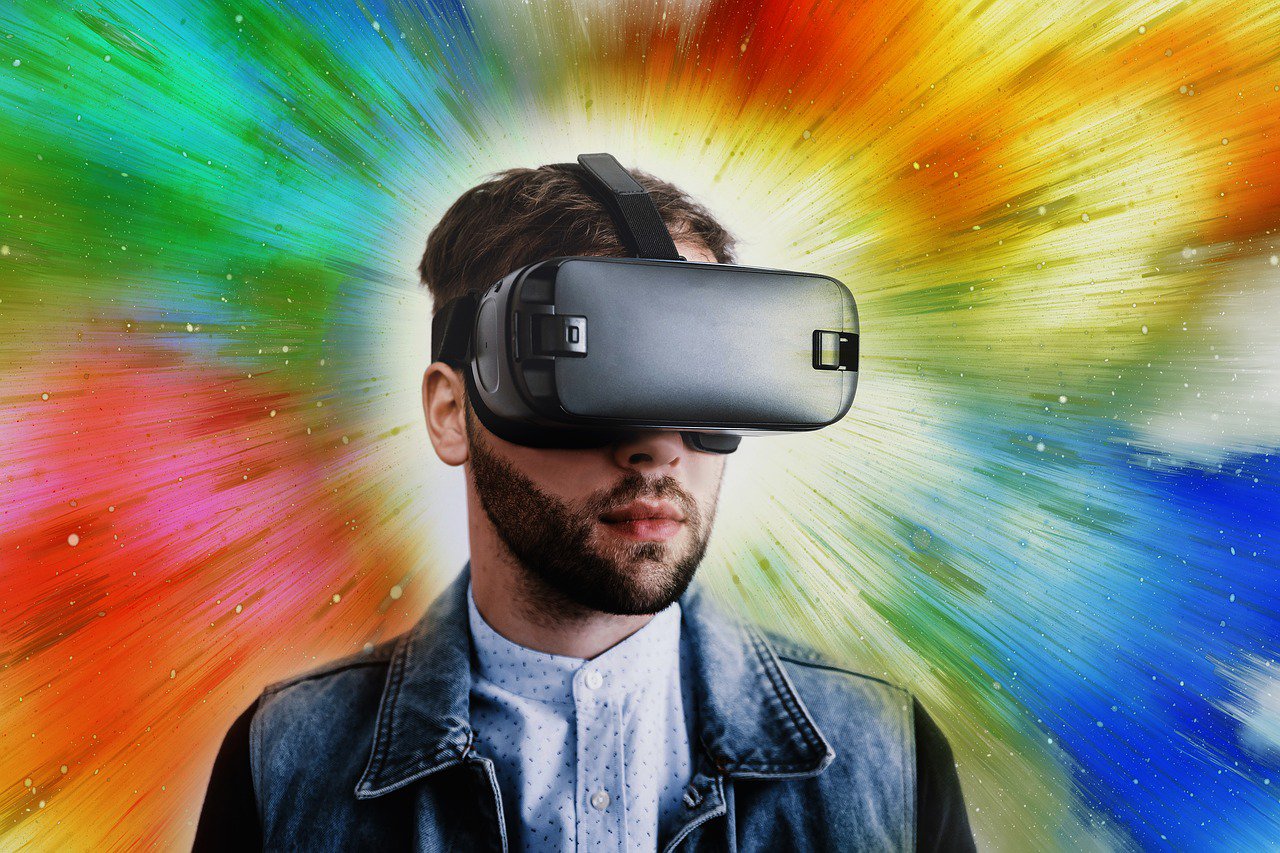







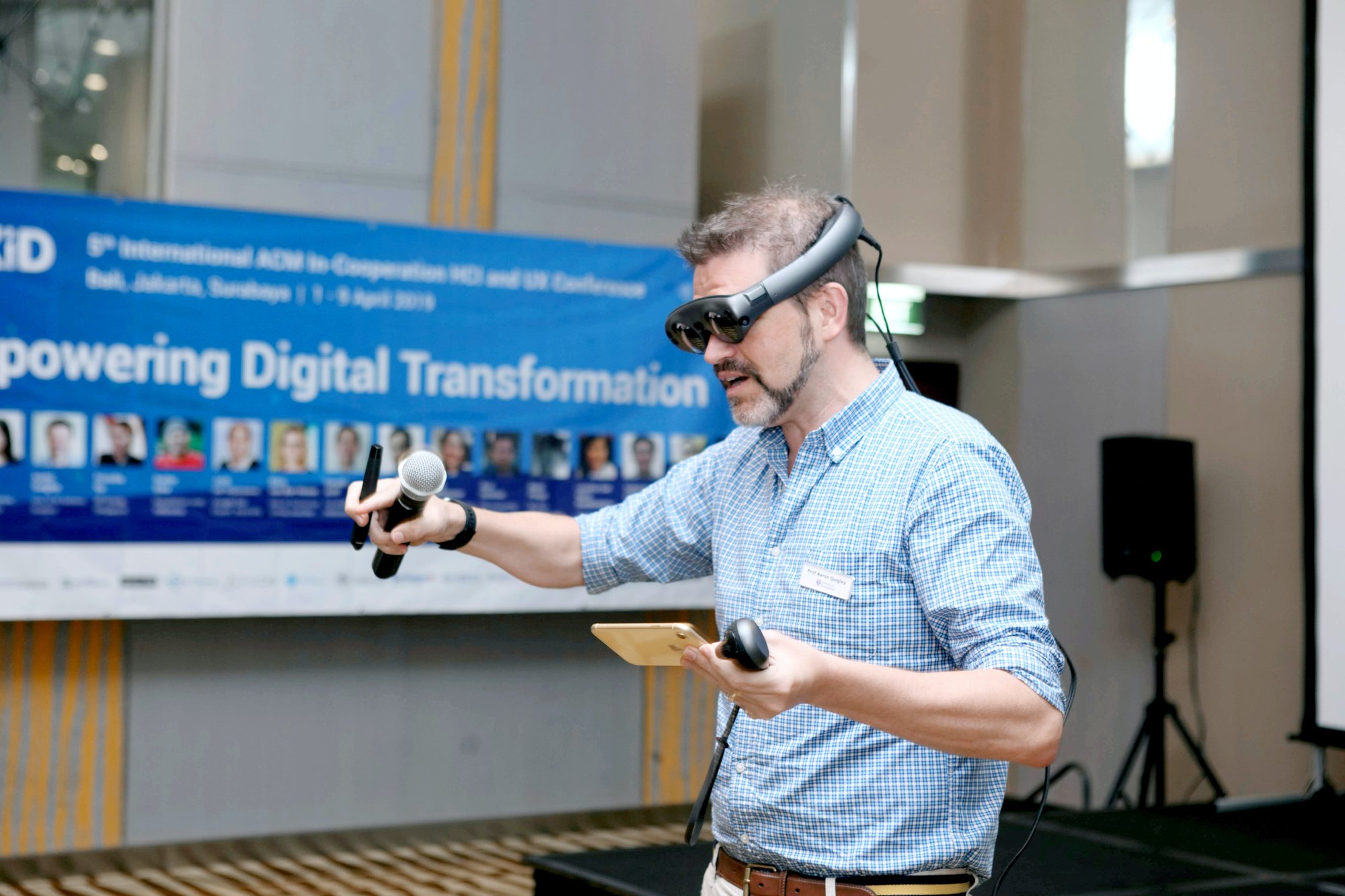


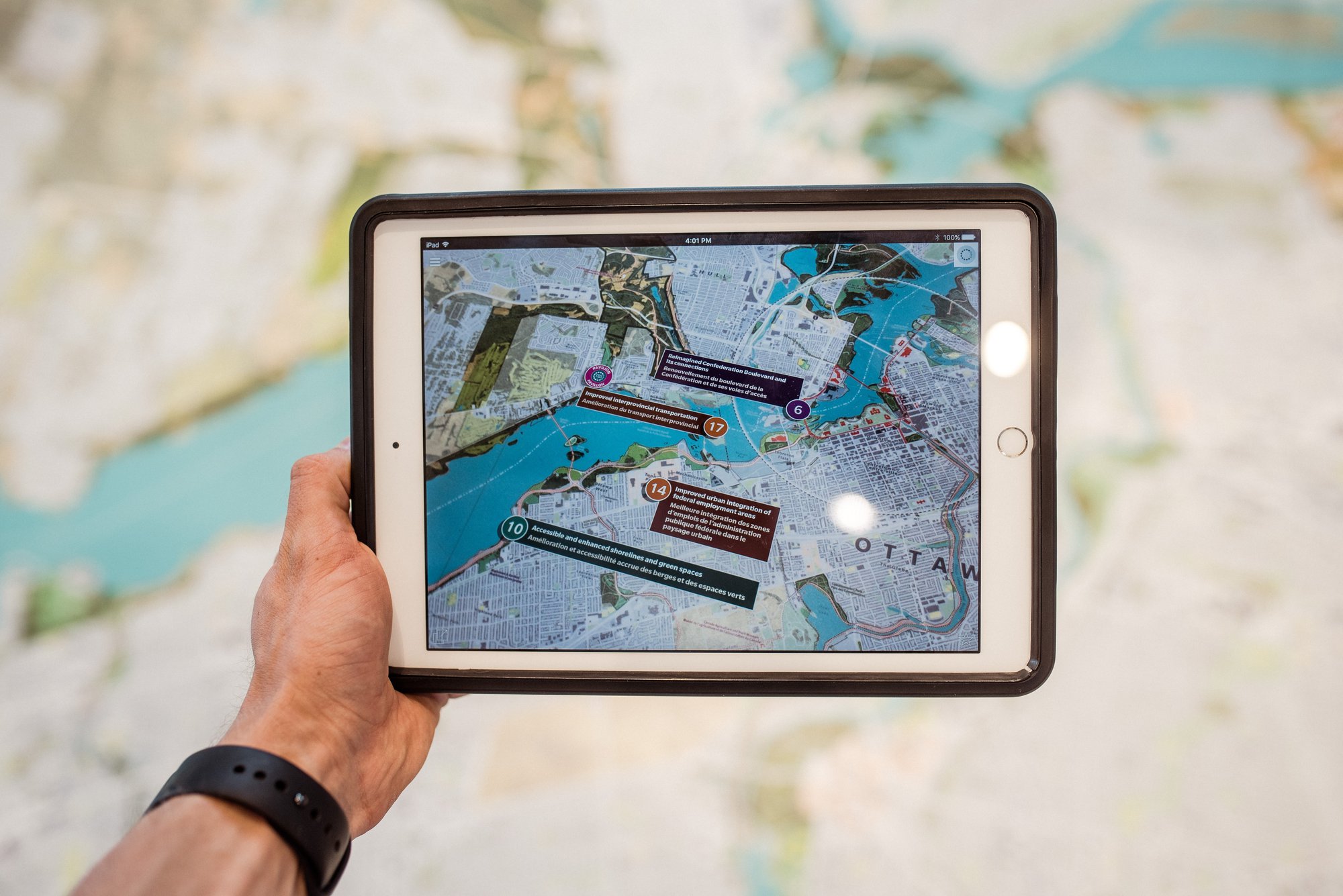
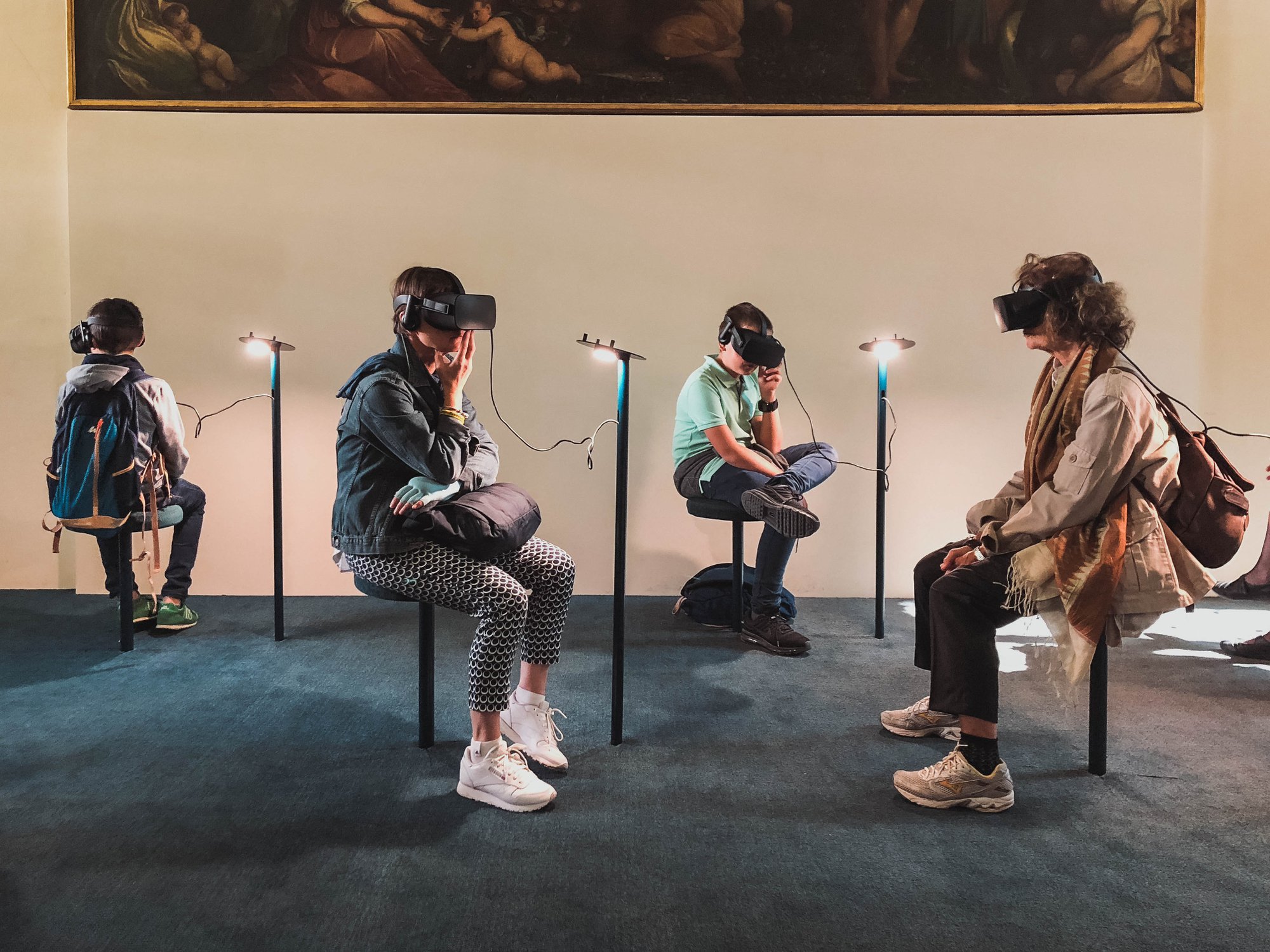

















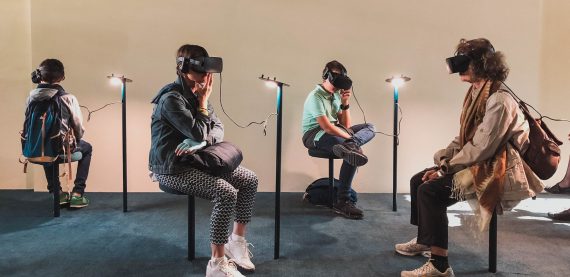



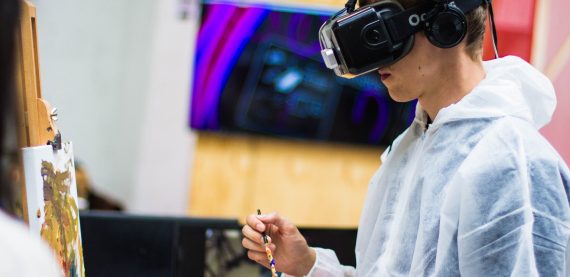
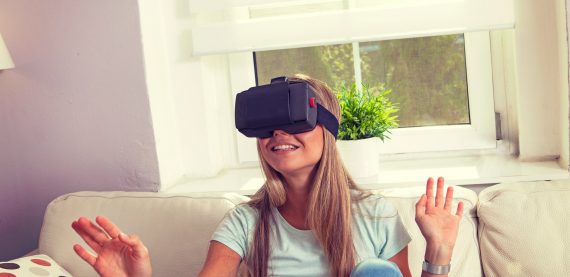



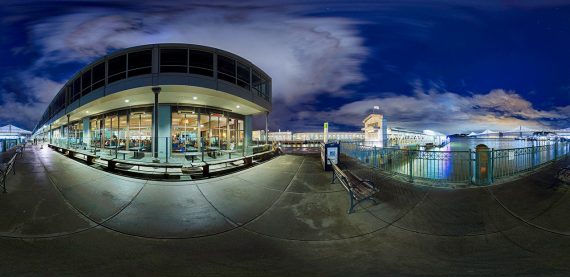




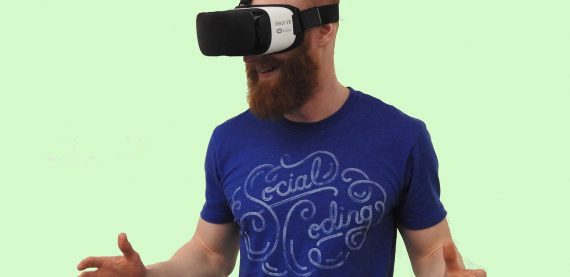


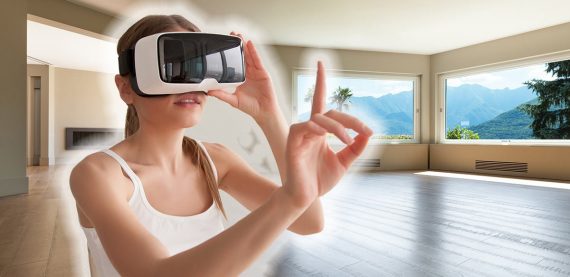


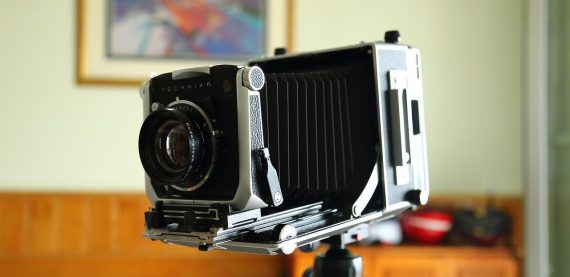

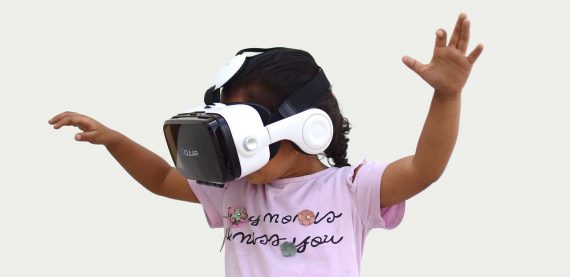
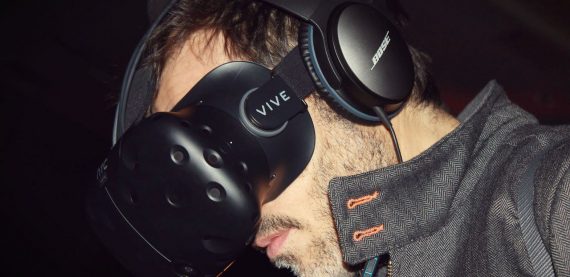
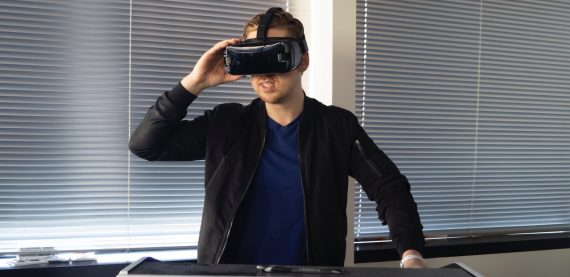
![[Guest Post] Tips on Making Your Hospitality Listing Standout Online](https://blog.virtualtoureasy.com/wp-content/uploads/2019/07/pastedimage0_02ced3dd7c6f1206c38f74116542a320_2000-570x277.png)
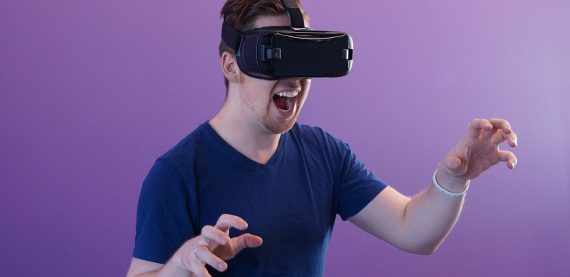


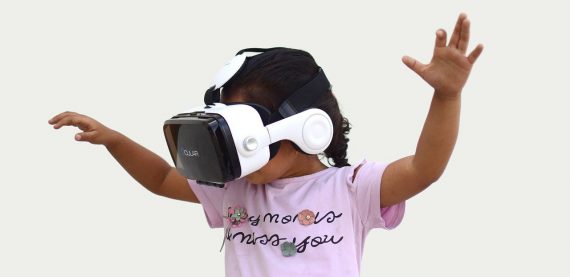
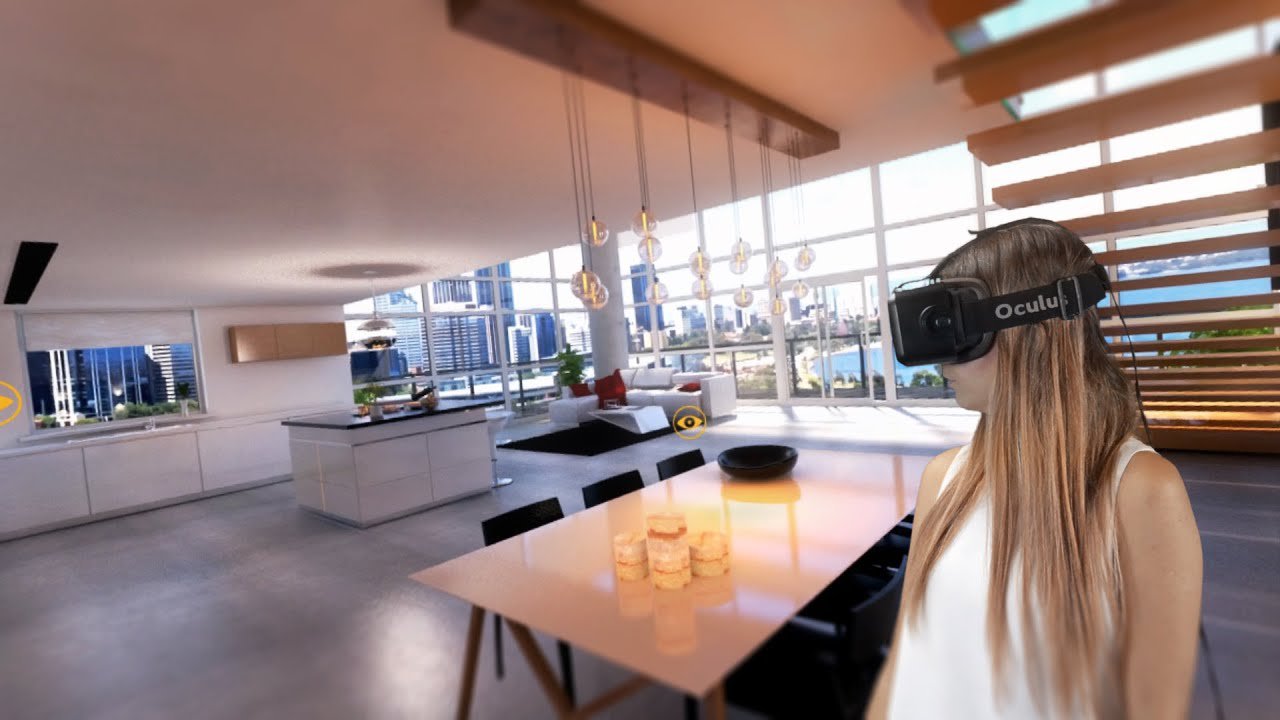
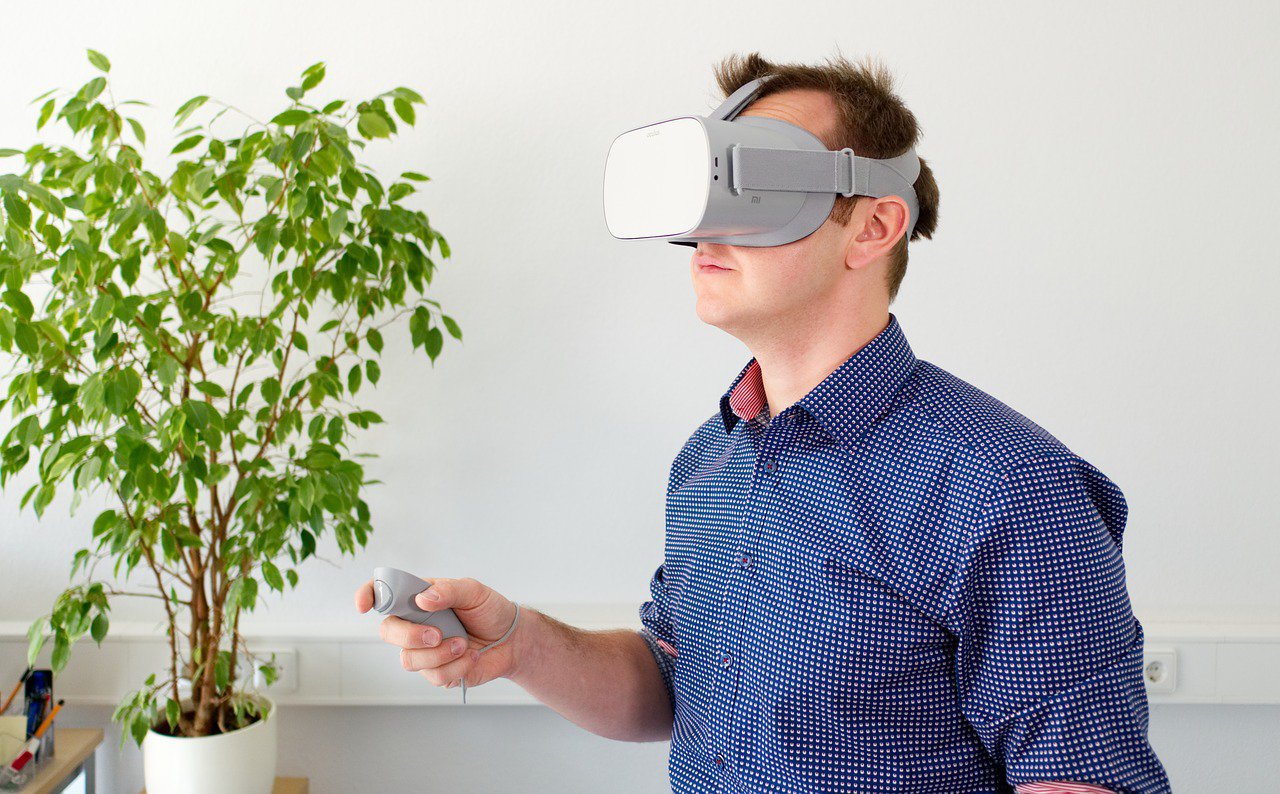



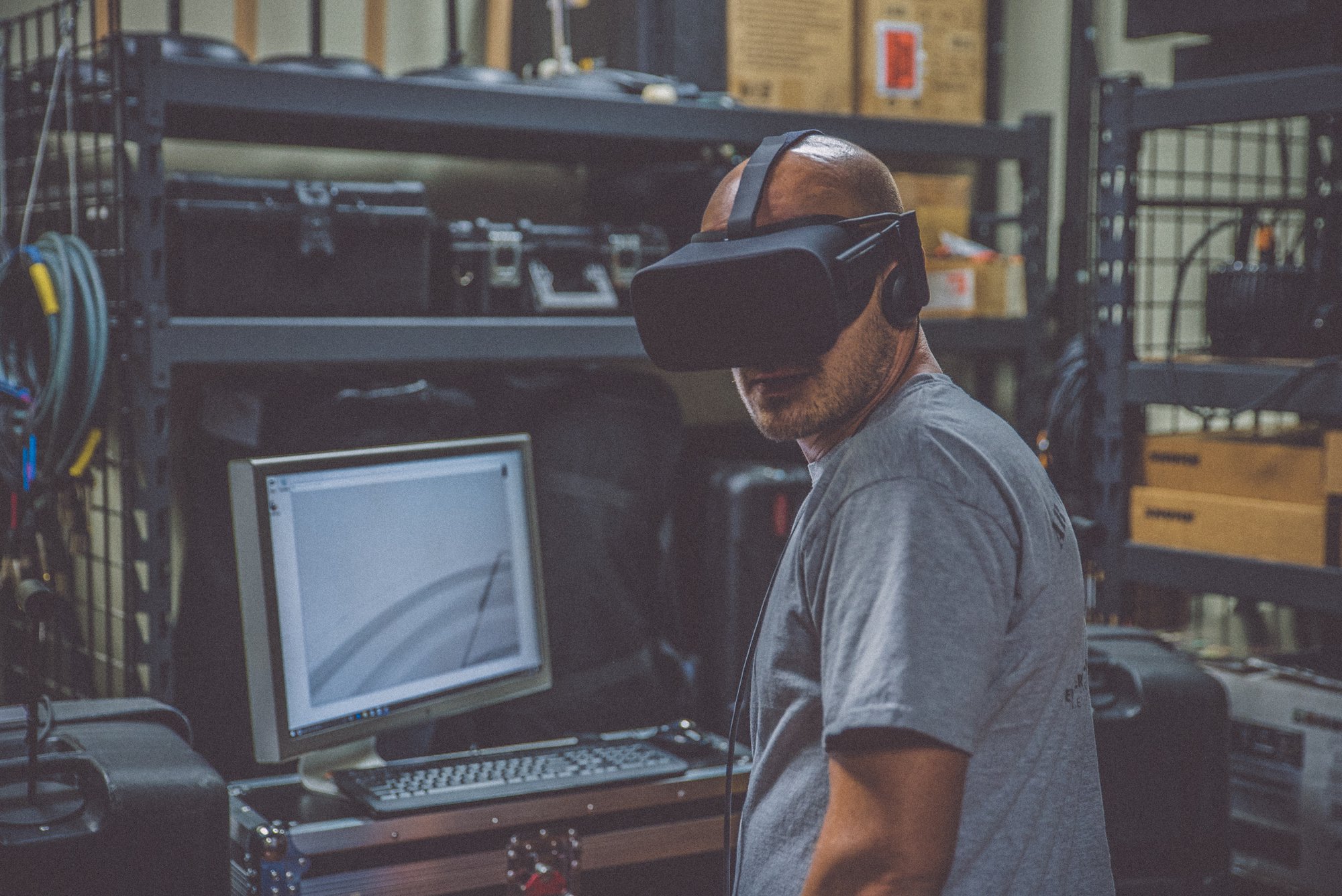
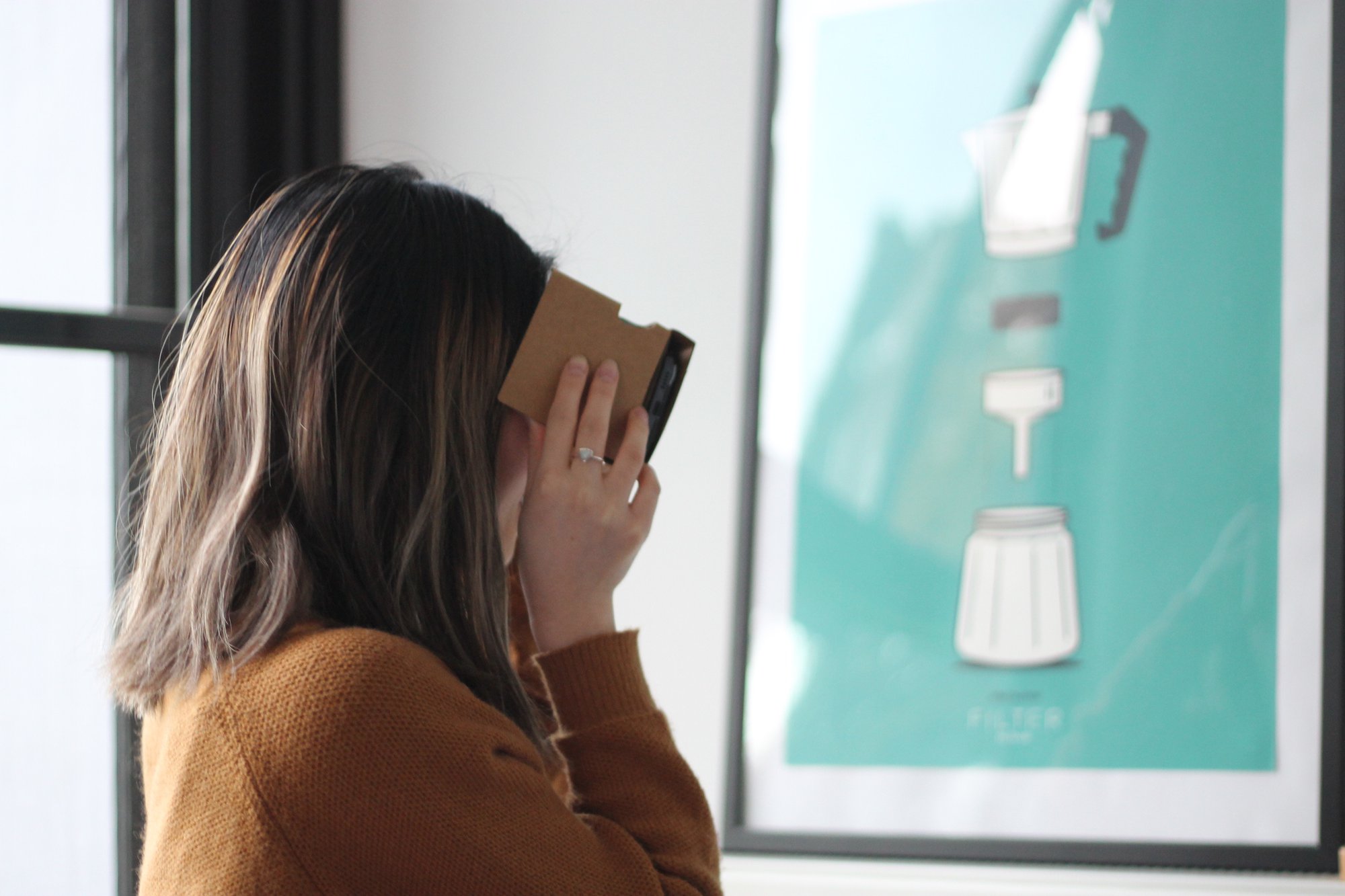






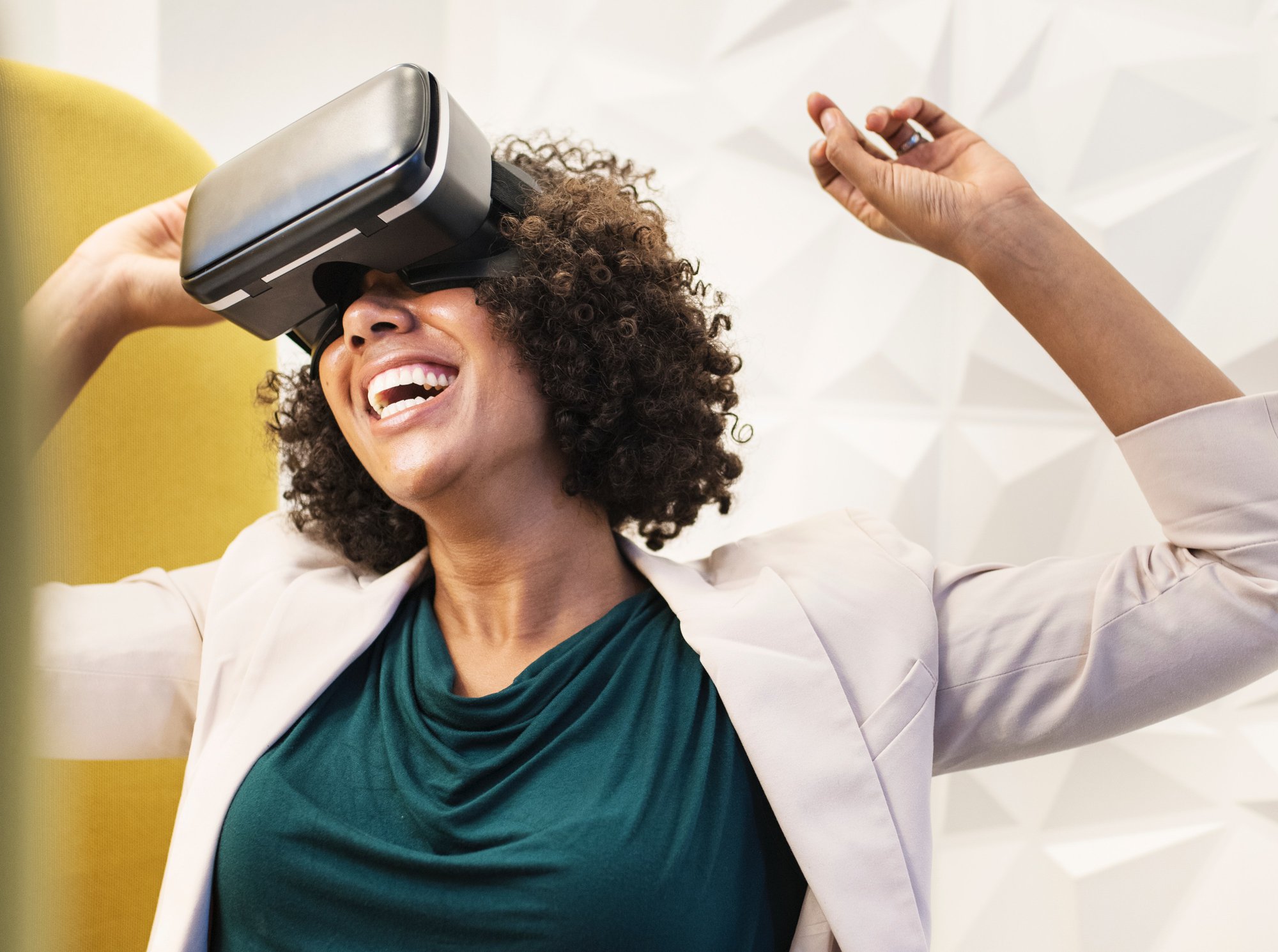
![5 Reasons Why 360 Virtual Tours are Great Opportunity for Photographers [You Should Try it Too!]](https://blog.virtualtoureasy.com/wp-content/uploads/2018/11/camera-3269206_1280_77800971d87189abe928020e2fbc9b68_2000.jpg)
